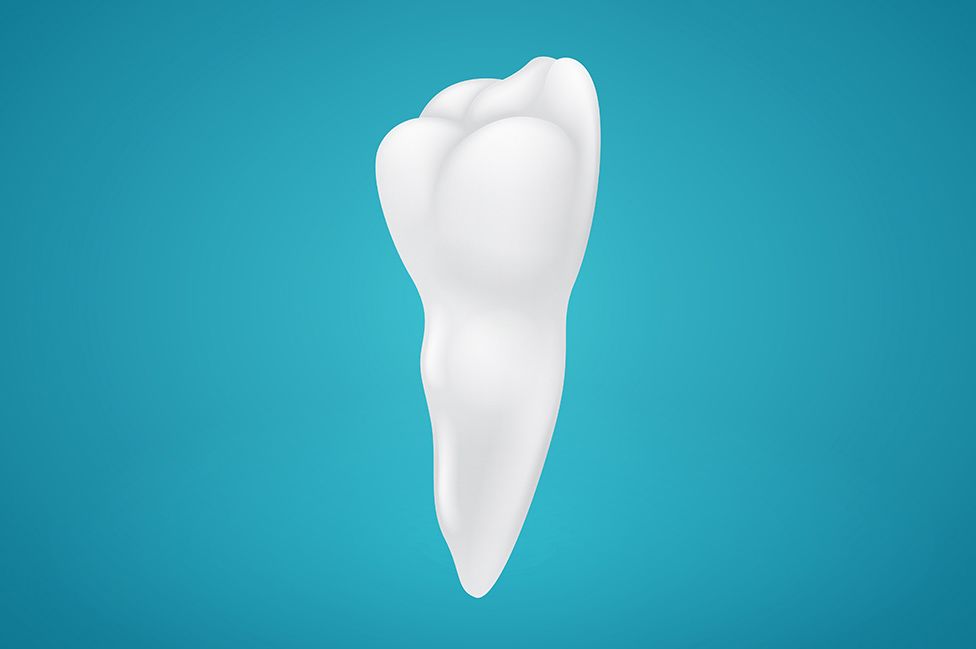Treatment for Tooth Fractures
 Tooth fractures may develop gradually over a period of time or they form suddenly as a result of oral injury. In either case, undergoing prompt treatment for tooth fractures can reduce the risk of dental problems, address oral discomfort, and restore your dental function. At the Cosmetic Dentistry Institute, Dr. Craig Goldin and Dr. Marcy Goldin offer restorative dentistry treatment to fill in cracks and strengthen the affected tooth. If you are experiencing tooth pain, you may have a fracture in one of your teeth. To undergo treatment for tooth fractures, contact our Troy, MI practice today.
Tooth fractures may develop gradually over a period of time or they form suddenly as a result of oral injury. In either case, undergoing prompt treatment for tooth fractures can reduce the risk of dental problems, address oral discomfort, and restore your dental function. At the Cosmetic Dentistry Institute, Dr. Craig Goldin and Dr. Marcy Goldin offer restorative dentistry treatment to fill in cracks and strengthen the affected tooth. If you are experiencing tooth pain, you may have a fracture in one of your teeth. To undergo treatment for tooth fractures, contact our Troy, MI practice today.
Symptoms of Tooth Fractures
Tooth fractures result in various symptoms, including:
- Tooth pain when chewing or biting down
- Tooth sensitivity to hot and cold foods and drinks
- Short-term pain in response to pressure or temperature fluctuations
- Sharp, intense pain
Causes of Tooth Fractures
A tooth fracture may develop due to a number of causes, including:
- Biting down on a hard, inedible object: Many people have the bad habit of using the teeth as tools or habitually biting down on inedible objects. If you use your teeth or remove the caps from glass bottles or bite down on pens, you increase the risk of tooth fractures.
- Habitually chewing ice or hard candies: Chewing on extremely hard items can weaken the teeth over time and cause cracks.
- Silver amalgam dental fillings: Silver amalgam fillings were the gold standard for dental fillings for decades. However, this material does have its drawbacks. The silver amalgam material expands and contracts due to temperature changes, which are common in the mouth. This constant expansion and contraction gradually weakens the teeth and can increase the risk of fractures.
- Bruxism: Bruxism is a condition in which patients habitually grind the teeth or clench the jaw. This places a lot of pressure on the teeth, particularly the molars, increasing the risk of tooth fractures.
Treatment for Tooth Fractures
Treatment for tooth fractures begins with preventing them in the first place. If you practice bad dental habits, such as using your teeth as tools, biting on inedible objects, or chewing ice, we advise you to stop these habits. If you suffer from bruxism, we can fit you with a custom mouth guard that you can wear at night, when most bruxing occurs.
During your dental exam, we can determine if any of your teeth are affected by fractures. In some cases, fractures are visible during the oral examination. In other cases, we rely on dental X-rays to provide detailed images of the teeth.
If you have a fracture affecting the crown of the tooth, we may recommend dental fillings or crowns
The same tooth-colored composite resin that is used to fill in cavities can fill in small fractures. The application of the resin material prevents dental bacteria from entering the tooth, which could potentially result in further dental problems. In addition, the composite resin strengthens and restores the tooth.
In cases of severe fractures that compromise the strength and structure of the tooth, we may recommend a porcelain dental crown. A crown is custom made to fit over the tooth, providing additional support.
To find out if you have a tooth fracture, schedule an exam at the Cosmetic Dentistry Institute.


